The Best Guide to Osteoarthritis Medications That Will Help You Choose Wisely
Osteoarthritis Medication Consumer Guide
Reviewed by:
Dr. Diana Rangaves, PharmDLast Reviewed On:
Mar 01, 22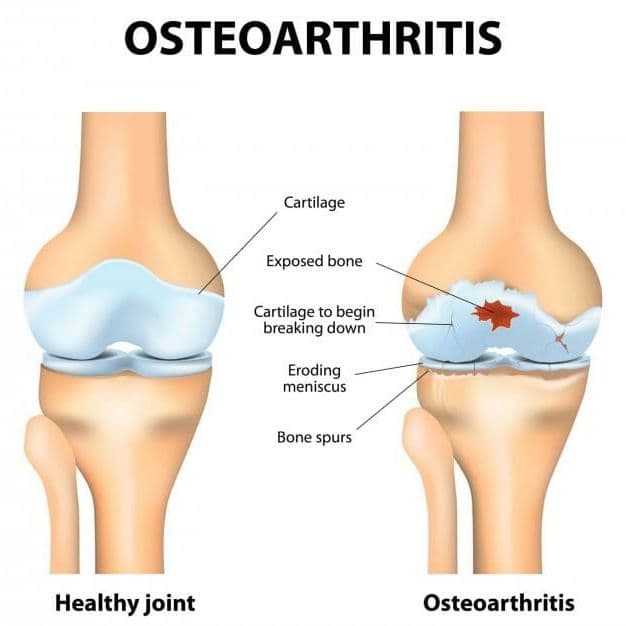
Arthritis afflicts millions of people in this country. One of the most common types of arthritis is Osteoarthritis, or OA. As people experience loss of cartilage and worn-out joints, there is nothing to cushion their bones. These bones in the joints rub against each other and cause pain and inflammation. There are no cures for OA, and nobody can reverse the joint damage. Pain and loss of mobility can cause difficulties in daily activities.
It is common for seniors to have OA due to the aging process; however, it has been known to strike adults who are younger. Injuries that are recurring can also cause the disease. Athletes who participate in rough sports have greater chances of developing OA. Those who are obese are particularly at risk for OA, because the weight puts undue stress on their joints. Each day can present a challenge for movement, due to joint swelling and pain.
Although OA cannot be cured, special medications were designed to help. These drugs can soothe the pain and swelling. If you have been diagnosed with OA, your doctor may start you out with over-the-counter medications to relief pain and reduce the inflammation. If your OA is severe and these remedies do not work, you still have options. Your doctor may decide to prescribe medications for you. Since there are a plethora of anti-pain and inflammation drugs on the market, the doctor can help you decide which is best for your OA symptoms.
Here’s a comprehensive list of available osteoarthritis medications along with links to most osteoarthritis medication prices that will help you save up to 90% off U.S. retail prices.
Pain Relievers
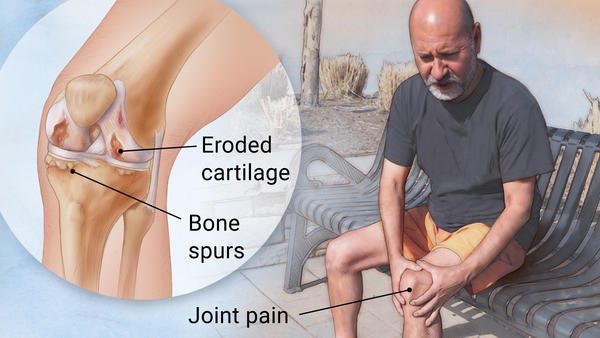
- Tylenol-8-Hours , acetaminophen : You can buy this brand or the generic form over the counter. It is available in liquid, tablet, or gel cap. This medication has to be used prudently. Large doses over a period of time can cause fatal liver damage. The Arthritis Foundation recommends that you limit your dosage to 3,000mg daily. They also recommend that alcohol consumption is reduced to three drinks a day or less. Although acetaminophen does carry its risks, it still has fewer side effects than other arthritis medications.
- Off-label drugs: Some drugs can treat symptoms of diseases other than for what they were originally intended. One such drug is Cymbalta , or duloxetine . While it is used for treating depression, studies have shown that it successfully treats the chronic pain of OA. This may be an option to discuss with your family physician.
Analgesics for Topical Use
Not all pain relievers have to be taken by mouth or injection. Many dependable ones come in creams, gels, ointments, or patches. These topical analgesics can be purchased OTC or in prescription strength. They are absorbed through the skin to provide fast-acting relief, either short-term or long-term. Most of these topical analgesics are available without a prescription:
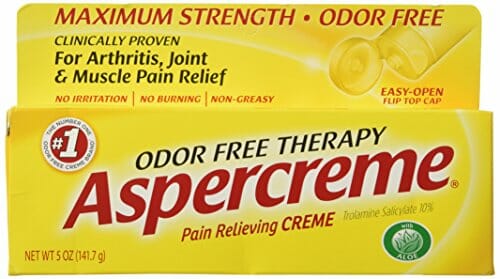
- Lidocaine patch: Used to target specific areas of joint pain
- Trolamine ( Aspercreme Rub ): Relieves pain and inflammation like aspirin would
- Capsaicin-Forte-Cream (Capzasin, Zostrix , Icy Hot): Made from the active ingredient of cayenne peppers
- Methyl salicylate or menthol ( Bengay-Arthritis-Extra- Strength-Cream ): Derived from plants in the mint family. It also contains a NSAID
-
Diclofenac-Sr
,
voltaren
,
Flector-Patch
,
Solaraze-Gel
,
Pennsaid : *You must have a prescription for this topical analgesic
NSAID (Nonsteroidal Anti-Inflammatory Drugs)
You may be experiencing joint inflammation along with the pain of OA. NSAIDs will treat your pain just as well as an analgesic. However, they will also help reduce the swelling in your joints. Many patients choose them because they work well and will not cause sedation. Several effective NSAIDs can be purchased without a prescription, in either topical or oral type.
Talk to your doctor if you have kidney disease or are allergic to aspirin. If so, you should avoid these medications. If the OTC NSAIDS do not do the job, then your physician may suggest a prescription-strength one. He or she will monitor your condition if you have to take NSAIDs on a long-term basis. Some serious side effects can include damage to the stomach and/or kidneys.
You may be familiar with some of these NSAIDS:
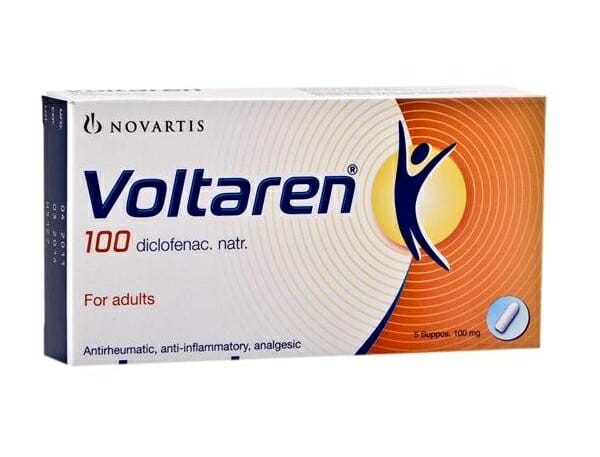
OTC Aspirin
Aspirin is one of the oldest NSAID in the medicine cabinet. It can be effective against joint pain and inflammation.
Ibuprofen
You can buy ibuprofen over the counter or have your doctor give you prescription strength. Other brand names include: (Nuprin, Motrin , Midol-PMS-Extra-Strength , Advil, Advil/Motrin and other pharmacy brands). Because this NSAID can cause problems in the stomach and heart, it is advised that you take the smallest dose that helps you. Ibuprofen is not intended for use over 10 days unless your doctor orders otherwise.
Naproxen/Naproxen Sodium
You can buy Aleve without a prescription or generic naproxen .
Other brand names include:
It will reduce your pain and swelling from OA. Your doctor may order prescription strength for you if the OTC does not work as well. One of these reasons you may prefer naproxen over ibuprofen is that naproxen does not have the riskier side effects. Some people who take naproxen can experience mild side effects, such as drowsiness, dizziness, diarrhea, nausea, headaches, or heartburn. Talk to your doctor if you have any of these.
Common Prescription NSAIDs for OA
Your doctor may prescribe NSAIDS to treat your OA. Common side effects of these may include nausea, diarrhea, or stomach pain. These symptoms should be reported to your doctor as soon as possible. Here is a list of medications that are often prescribed for OA. They may be purchased as a name brand or in generic form:
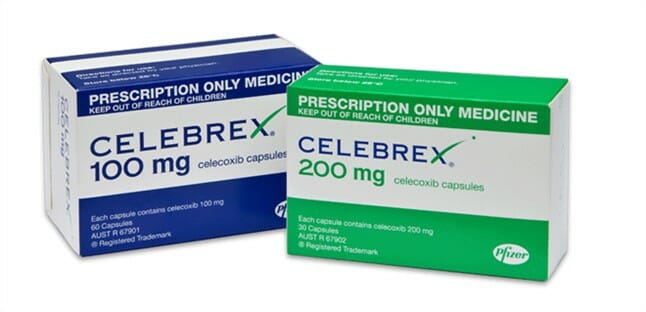
- meclofenamate
- sulindac Clinoril
- salsalate (Disalcid)
- ketorola oradol
- oxaprozin diflunisal
- diflunisal ( Dolobid )
- fenoprofen (Nalfon)
- celecoxib ( Celebrex )
- piroxicam ( Feldene )
- nabumetone ( Relafen )
- indomethacin (Indocin)
- mefenamic-acid (Ponstel)
- diclofenac-sodium ( Voltaren )
- meloxicam Mobic , Vivlodex
- etodolac Lodine , Lodine-XL
- diclofenac/misoprostol
- arthrotec
- ketoprofen-ec Ketoprofen-Sr , Orudis, Ketoprofen-Sr
Steroids (Corticosteroids)
Steroid is the better-known name for corticosteroid medication. If you experience an acute attack of OA, your doctor may recommend a steroid. When they are used occasionally, they do not cause the problems with the stomach and kidneys that NSAIDs can. There are still many side effects from the long-term use of steroids. These can include hypertension, osteoporosis, stomach ulcers, hypoglycemia, depression, irritability, and cataracts. Steroids can be injected or taken orally. Steroid shots are particularly useful for joints that do not respond to other treatment. These steroids are often prescribed for OA, either name brand or generic:
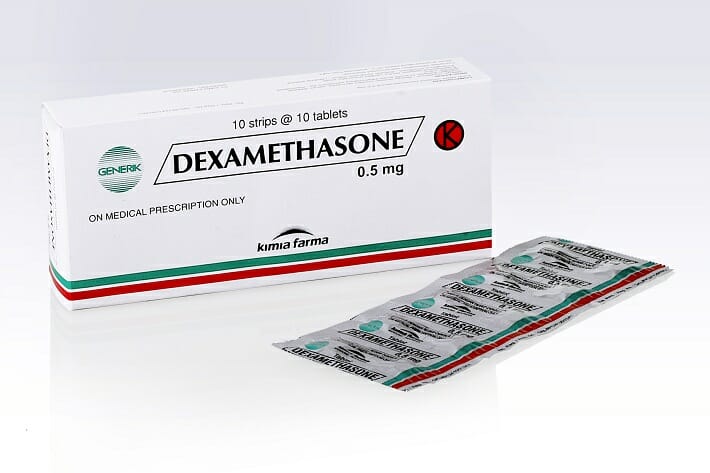
- cortisone Cortone Acetate
- betamethasone Celestone-Soluspan
- prednisone (Deltasone, Liquidpred, Sterapred)
- hydrocortisone Cortef , Hydrocortone)
- methylprednisolone (Depopred, Methacort, Predacorten)
- dexamethasone (Decadron, Dexpak, Haxadrol, Taperpak)
- prednisolone (AsmalPred Plus, Bubbli-Pred, Flo-Pred, Millipred, Millipred DP, Orapred, Orapred ODT, Pediapred , Prelone, Veripred 20, Prelone, Veripred 20, Hydeltra-T.B.A., Hydeltrasol, Key-Pred, Cotolone, Depo-Predate , Predicort-50, Predalone 50, Predacort 50, Predate-50, Predaject-50, Pred-Ject-50, Key-Pred SP, Medicort, Predicort RP, Pri-Cortin 50, Predcor)
Opioids
These are controlled pain medications that are reserved for the worst OA pain. They will control pain; however, they do not reduce inflammation. Opioids are powerful drugs that can be addictive. They are often combined with other treatments that do not sedate or cause addiction.
You may suffer from mobility problems due to your arthritis. Since opioids can affect your balance and make you drowsy, opioids may not be practical. That is why the doctor will use them as a last resort to control pain from OA or a recent surgery. Alcohol should never be consumed when taking opioids. These are the generic forms of some of the opioids that doctors may recommend for short periods:
- codeine
- fentanyl
- morphine
- hydrocodone
- Hydromorphone
- meperidine (Demerol)
- oxycodone (Oxycontin)
- acetaminophen with codeine
- acetaminophen with hydrocodone (Vicodin)
Work with Your Doctor
You do not have to stay in chronic pain with osteoarthritis. There may not be a cure for OA; however, your doctor can find the right medications to manage the joint pain and inflammation. Whether it is analgesics, topical medications, NSAIDS, opioids, or corticosteroids, there is something available to help you. You may be referred to a rheumatologist, a doctor who specializes in different forms of arthritis and other joint disorders. With the right treatment, you can still have a productive and fulfilling life with OA.
Join Our Free Newsletter
Get a weekly dose of money-saving tips on your medications, drug side effects alerts, drug interaction warnings, free prescription coupons, late-breaking safety information and much, much more!